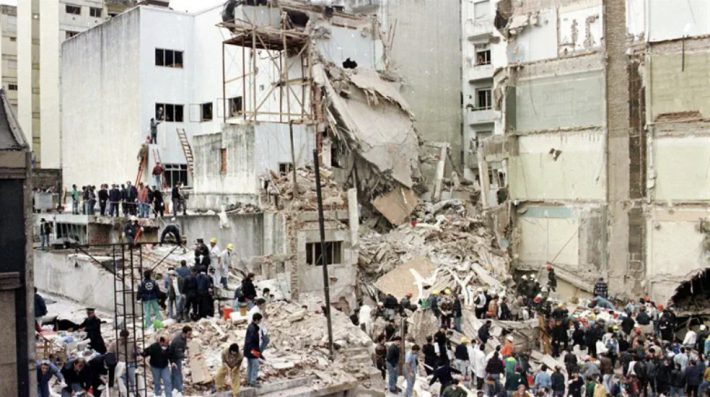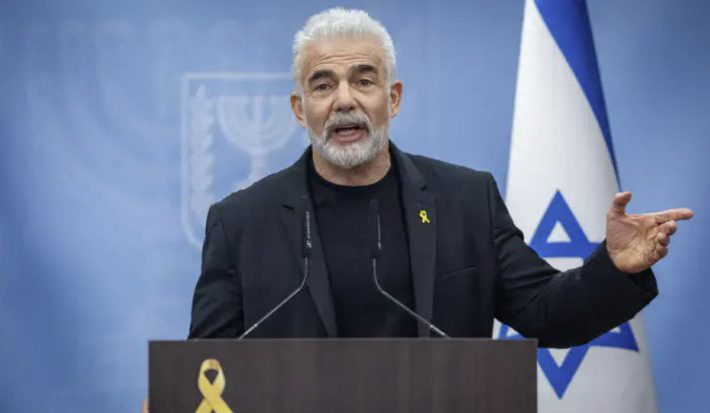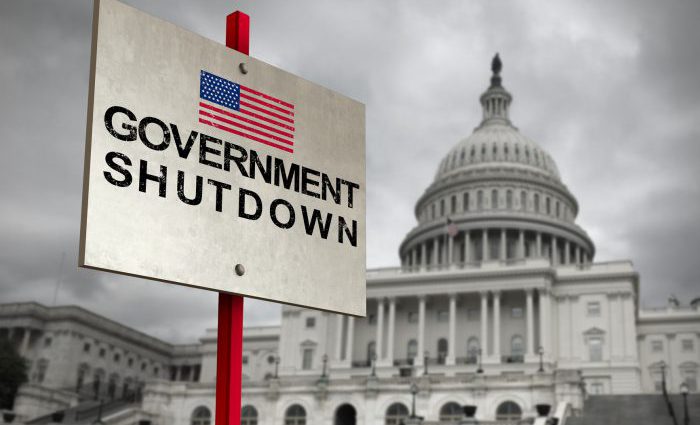Argentina will try ten Iranian and Lebanese nationals in absentia for the 1994 AMIA Jewish center bombing that killed 85, a landmark decision enabled by new laws.
In a significant development more than three decades after the deadliest attack in Argentina’s history, ten Iranian and Lebanese nationals will be tried in absentia for the 1994 bombing of the Argentine Israelite Mutual Association (AMIA) Jewish community center in Buenos Aires, AFP reported on Thursday. The attack killed 85 people and injured over 300.
Argentine prosecutors have long alleged that Iranian officials used the Lebanon-based Hezbollah to carry out the deadly attack.
The ten suspects facing trial are former Iranian and Lebanese ministers and diplomats for whom Argentina has issued international arrest warrants. Iran denies involvement in the AMIA attack and has repeatedly rejected Argentine demands for the accused to testify.
Judge Daniel Rafecas acknowledged the “exceptional” nature of the decision to proceed with a trial in absentia, a first of its kind in Argentina, according to AFP.
This move was made possible by a recent change in Argentine law, which, until March of this year, did not permit trials without the physical presence of the accused. Rafecas stated that trying them in absentia would “at least try to uncover the truth and reconstruct what happened,” and was justified given the “material impossibility of securing the presence of the defendants and the nature of the crime against humanity under investigation.”
An Argentine court in April of last year blamed Hezbollah for the attack and labeled Iran a “terrorist state.”
After that ruling, Buenos Aires asked Interpol to arrest Iran’s interior minister Ahmad Vahidi, whom it accuses of masterminding the attack.
The Inter-American Court of Human Rights also found the Argentine state responsible for failing to prevent or properly investigate the AMIA bombing, and for efforts to “cover up and obstruct the investigation.”
An investigation by the Mossad found that the AMIA attack, as well as the 1992 bombing of the Israeli Embassy in Argentina, were not abetted knowingly by Argentine citizens or aided by Iran on the ground.
In 2012, then-Argentine President Cristina Kirchner signed a memorandum of understanding with Iran that would have established a “truth commission” to investigate the AMIA bombing.
Leaders of Argentina’s Jewish community criticized the accord. An Argentine court in 2014 declared the agreement to be unconstitutional.





